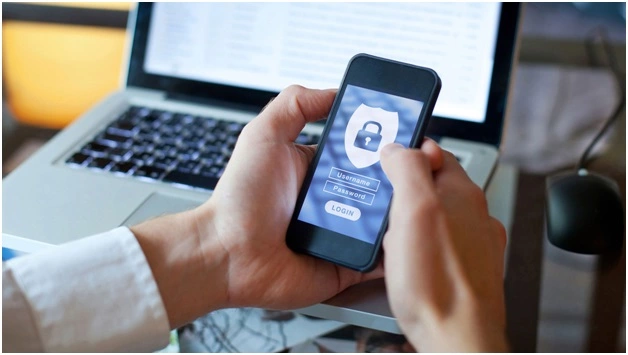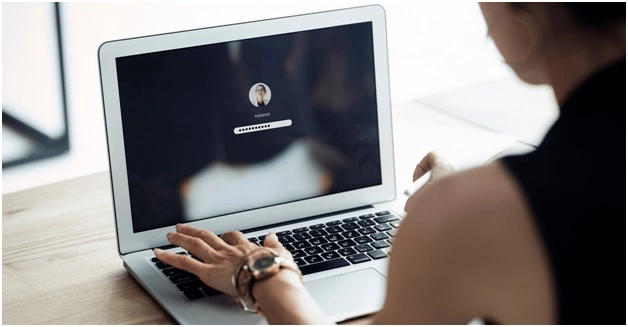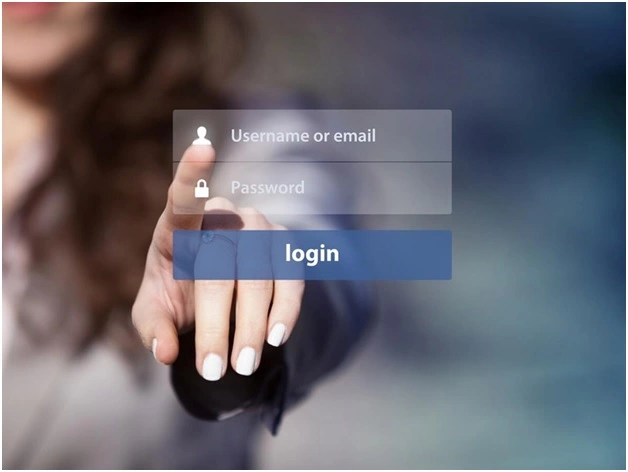What lesson have you learned about online passwords? Even after years in the internet world, most people still use passwords as simple as 1234. They may seem easy to remember, but this also means they are easy to hack. Plus, using these same passwords across multiple accounts as most online users do, puts all your data at risk. Unless it is The Pirate Bay site and other sites that do not need a password, use strong passwords. Below are tips to make your online password strong.
7 Ways You Can Make Your Online Passwords Strong
-
Choose a long password
Hackers use many ways to get into your account. One way is through guessing your password by typing letters, symbols, and numbers. The brute force attack is an advanced method they commonly use. In this technique, they use a computer program to run through every possible combination of letters, symbols, and numbers as fast as possible to find your password. A long password is more complex to guess, for the guesswork process takes longer. But, if a password is three characters long, it is easy to crack it.
-
Avoid using personal information

Using obvious information is a no-no when choosing a password for an online account. Some examples are anniversary, birthday, city, address, high school, pet, and family members’ names should not be part of your password. The obvious information makes it easy to guess your password. And, the same applies if you have to choose security questions and answers as you create an online account. Select information that no one who browses through your social media can find to ensure you are secure.
-
Start using a password manager
Using a password manager is one safe way to get a strong password. It helps auto-generate and store the passwords on your behalf. The passwords are in a centralized, encrypted location, and to access them you need a master password. Ensure you do not lose the master password to gain access to your other passwords. The password manager is a way to audit your password behavior and ensure you are not using the same one in too many locations.
-
Make your password a nonsense phrase
Long passwords are good and better if you include phrases from random words. If you choose letter combinations, not in the dictionary. Phrases are not in literature, and none is grammatically correct. Thus, it gets harder to crack. Also, avoid using characters that are sequential on the keyboard. This is a common habit among many people, for instance, letters in order or the most common ‘qwerty’.
-
Do not reuse passwords

Once a hacker completes a hack, as they have done recently with popular email servers, the list of compromised email passwords and addresses is often leaked online. Therefore, if your account is compromised and you use the same email address and password across multiple sites, your information is easily accessible from other accounts you have. Use unique passwords for everything.
-
Keep your password under wraps
Ensure you do not give your passwords to anyone. For instance, if you are in plain sight of other people, do not type your password into your device. Also, avoid writing your password at your work desk on your sticky note. If you prefer to create a password hint sheet to store your passwords on a document file on your computer, name the file something random to make it less of a giveaway to snoopers.
-
Mix it up and change the password often
Mix up your password with symbols, numbers, and lowercase and uppercase letters. Mix them randomly like for the letter A use a symbol instead. If it is a phrase, ensure the first letter is capitalized or each new word in the phrase. In this way, you make it easy for you to remember. Also, change your password often. Once you change it, avoid using it again anywhere else in a long time. Remember, anyone who will hack you takes their time trying to crack passwords, but ensure yours is strong to keep your information safe. You may not solve all hacking issues, but you can take the first step to ensure you create a secure password.
